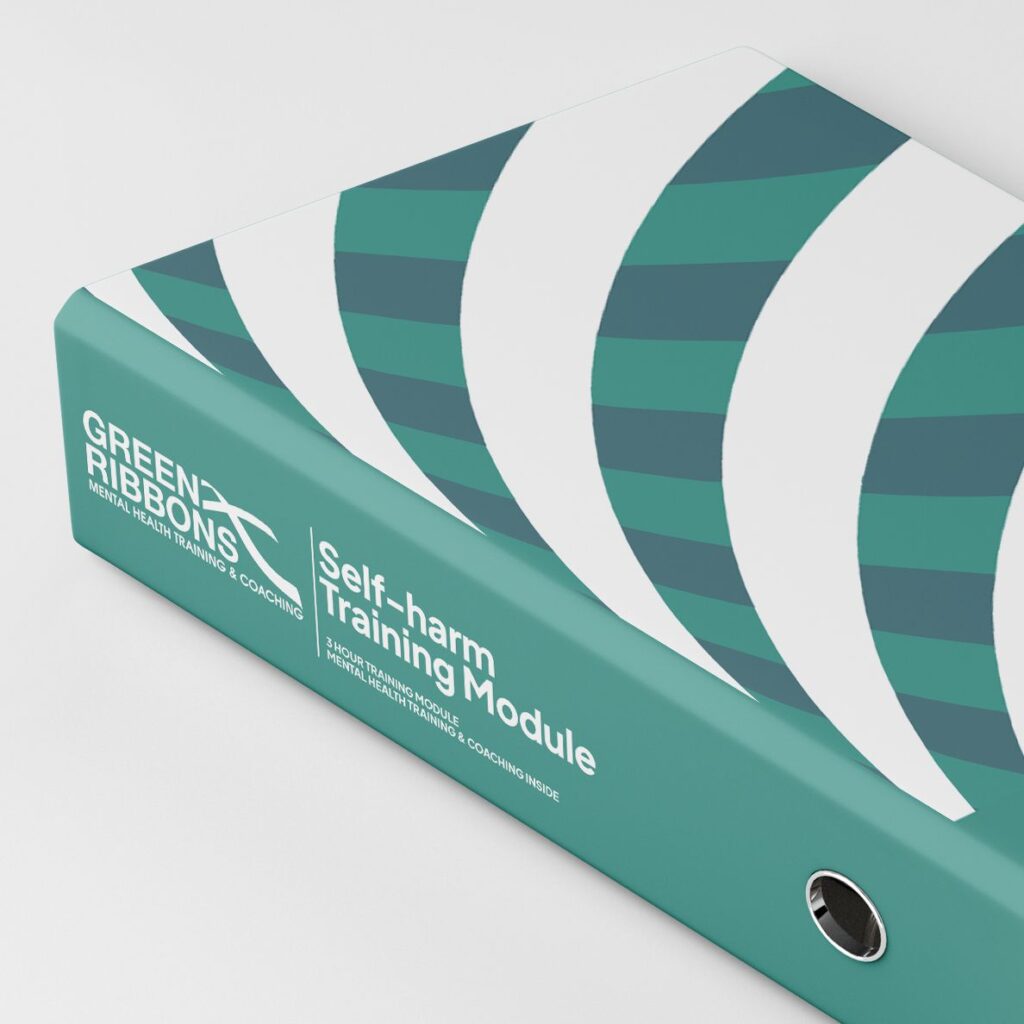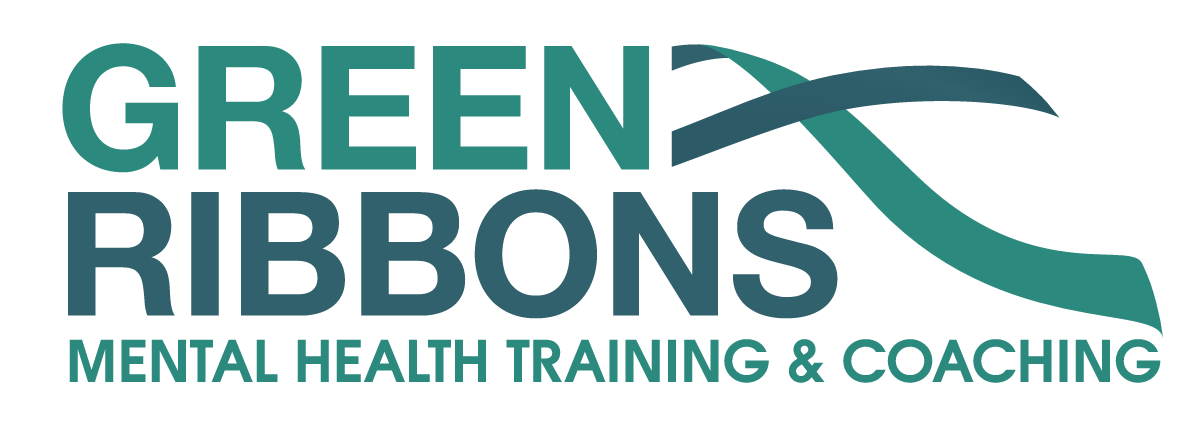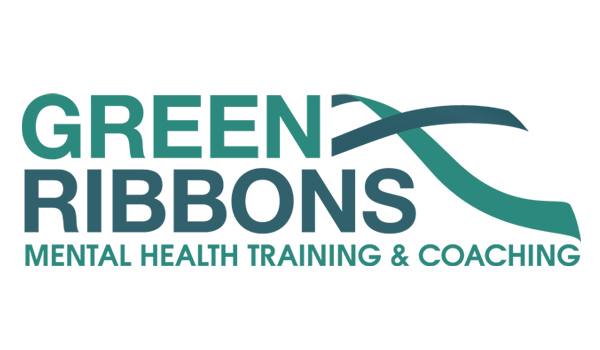Self-harm : Training Module

Self-harm, a complex and often misunderstood issue, affects a significant number of people across all age groups, genders, and backgrounds. As a crucial public health concern, it is vital to address self-harm with sensitivity, empathy, and understanding. This course offers an in-depth exploration of the various factors that contribute to self-harm, including psychological, social, and cultural aspects, enabling participants to gain a comprehensive understanding of the issue.
This stand-alone course, developed to build upon the successful Scotland’s Mental Health First Aid (SMHFA) program, is designed to equip participants with the knowledge, tools, and techniques necessary to identify, understand, and support individuals who engage in self-harm behaviours. Throughout this course, you will learn how to recognise the signs and symptoms of self-harm, respond effectively to individuals in distress, and provide appropriate support to encourage recovery.
What’s on this page?
Course Basics
- 3 Hour Course
- Groups of 8-16
- Suitable for Businesses, Organisations & Groups
What is: Self-harm?
Self-harm, also known as self-injury or self-mutilation, refers to the intentional act of causing physical harm or injury to one’s own body without the intent to commit suicide. People who self-harm often use it as a coping mechanism to deal with emotional distress, overwhelming feelings, or psychological pain. Common methods of self-harm include cutting, scratching, burning, hitting, or biting oneself.
Self-harm is often a sign of underlying mental health issues, such as depression, anxiety, or borderline personality disorder, and individuals who engage in self-harm may need professional support to address the root causes of this behaviour. It is essential to approach the topic with sensitivity and understanding, as those who self-harm are often experiencing significant emotional turmoil and may feel ashamed or stigmatised.
The Facts & Figures: About Self-harm
- In 2019, the Scottish Government published a report on the mental health of children and young people, which revealed that self-harm rates had increased over time. The report showed that 14.8% of 15-year-old girls and 4.7% of 15-year-old boys reported self-harming in the previous 12 months.
- A study by the Mental Health Foundation (2018) found that around one in six (16.3%) young people in Scotland aged 16-24 had self-harmed at some point in their lives.
- The same study revealed that more than a quarter (26.1%) of young women aged 16-24 had self-harmed, compared to 6.8% of young men in the same age group.
- Data from NHS Scotland indicated that the number of hospital admissions due to self-harm in 2017/2018 was around 5,700. However, it is important to note that many cases of self-harm may not result in hospitalisation and might go unreported.
The Problem: Common misconceptions about Self-harm
Negative & damaging attitudes towards Self-harm are common: There's something you can do for yourself, your friends, your family and your colleagues...
Self-harm: Why should you undertake this training?
As a stand-alone course, the Self-harm module provides essential skills and knowledge that can be applied in various settings, including schools, workplaces, and communities. By participating in this transformative learning experience, you will not only be investing in your own personal and professional growth, but also contributing to a broader societal effort to aid individuals who engage in self-harming behaviours.
The Good news: There is a training module which will enhance your understanding, and foster empathy and support for those experiencing mental health challenges
Three Hour Module: Self-harm
Embark on a transformative learning journey as you delve into key topics such as recognising the signs and symptoms of self-harm, communicating effectively with individuals in distress, and employing intervention strategies to offer timely assistance. Additionally, you will become familiar with the available resources and professional services that can aid individuals who engage in self-harm behaviours. By exploring the complexities of self-harm and gaining valuable insights into available resources and support systems, you can contribute to creating a more understanding and compassionate society.
What does the “Self-harm” Module Cover?
How does the "Self-harm" module work?
Duration
The module takes 3 Hours, providing a focussed and comprehensive learning experience.
Small Group Sizes
Classes, of 8-16, are kept small to facilitate personalised attention, encourage active participation, and foster a supportive learning environment.
Interactive Learning
The course features a mix of presentations, group discussions, case studies, videos, and role-playing exercises to ensure a practical, hands-on learning experience.
Confidentiality
Instructors maintain a safe and confidential space for participants to share their experiences and ask questions without judgment.
Ready to find out more? Contact Us Today
Why Train with Green Ribbons?
Unraveling the Threads of Mental Well-being
Green Ribbons is dedicated to delivering high-quality Mental Health First Aid training in Scotland, empowering individuals to recognise mental health challenges, provide support, and foster a culture of empathy and understanding. By tying together knowledge, empathy, and resilience our accessible mental health training promotes understanding, reduces stigma, and enables individuals, businesses and communities to prioritise mental well-being. Everyone benefits from Mental Health Awareness Training
Our Experience
- 30 Years working within the Mental Health sector
- Experience across a range of Third-Sector Organisations
Our Specialties
- Scotland’s Mental Health First Aid (SMHFA)
- Tailored SMHFA Training
- Individual Mental Health Awareness Modules
- One-to-one Training & Coaching
Our Approach
- Empathy & compassion
- Inclusive
- Evidence-based and up-to-date
Our Areas
- Moray
- Highland
- Aberdeenshire
- Aberdeen City
- …across Scotland
07726 780800
Call
Call us for an Informal chat about Scotland’s Mental Health First Aid and Mental Health Awareness Training
- We can discuss how SMHFA can benefit your organisation and explore options
@GreenRibbonsHQ
Socials
- Facebook: @GreenRibbonsHQ
- Twitter: @GreenRibbonsHQ
- Instagram: @GreenRibbonsHQ







